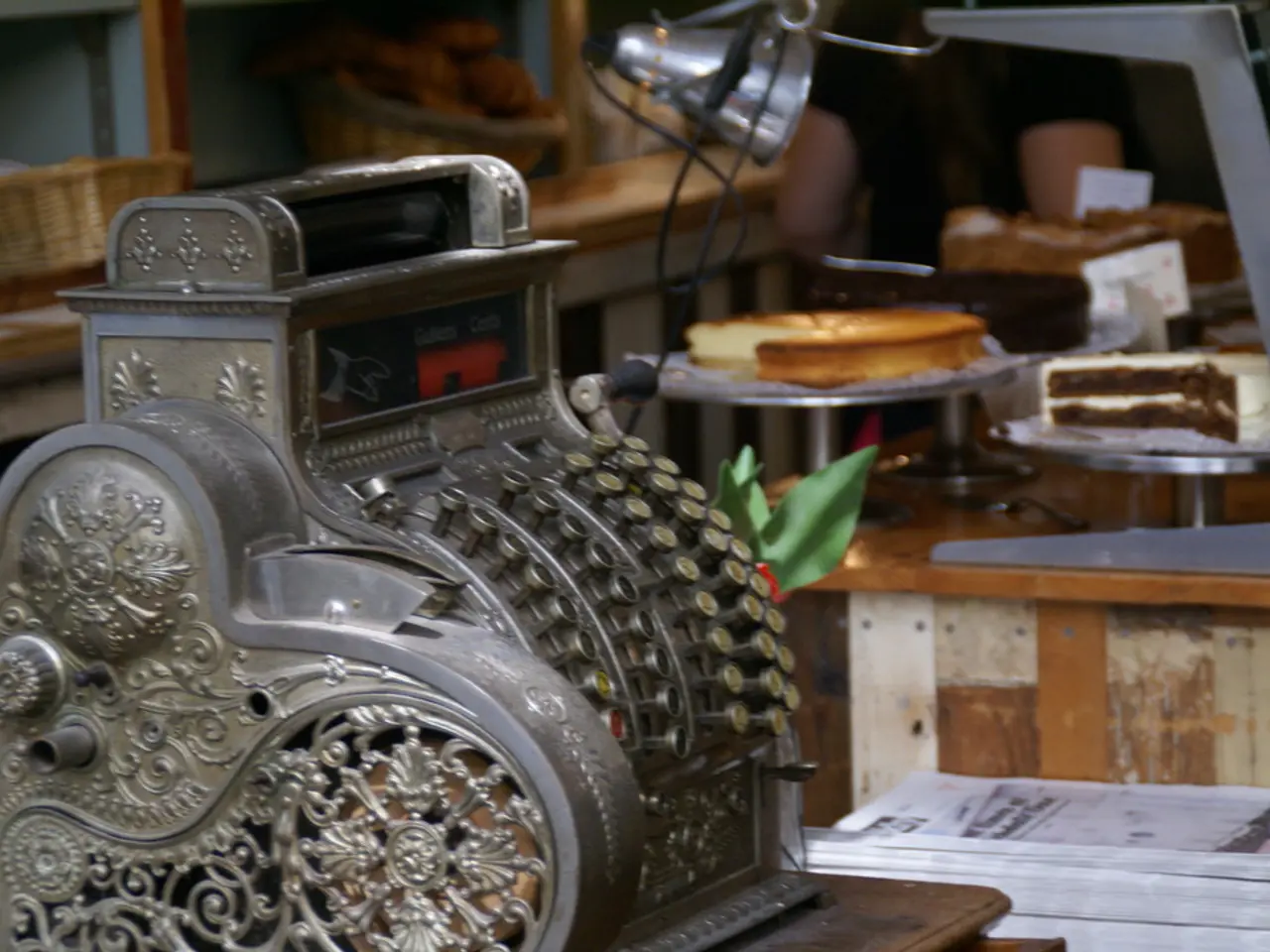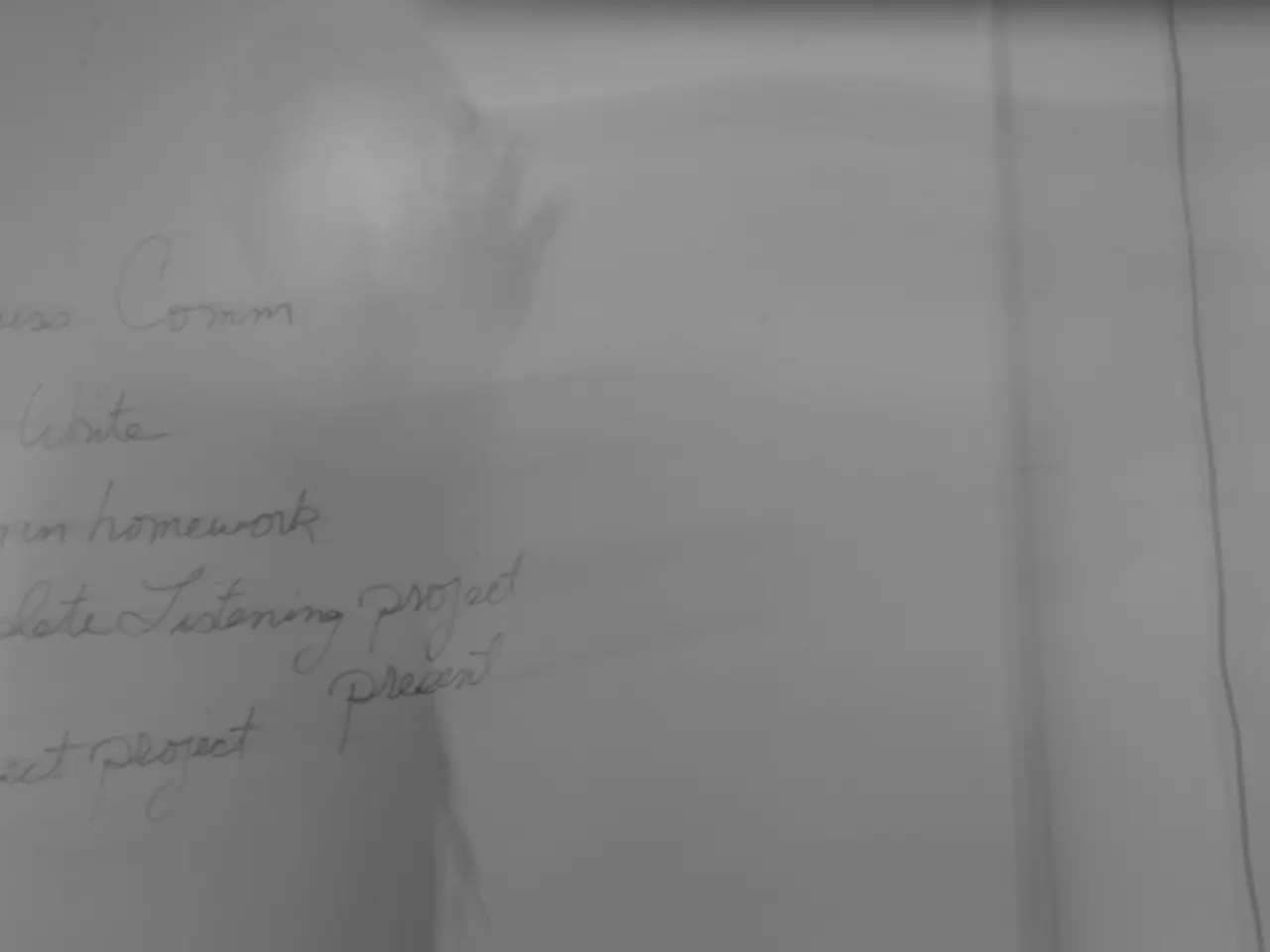Energy Cost Reduction Initiative Expands Beyond Artisan Industries
In a move that has sparked controversy, Germany's energy cost relief program excludes the craft industries, focusing instead on energy- and trade-intensive sectors such as chemicals, glass, and plastics. The program, as described on the Federal Ministry of Finance's website, is specifically aimed at particularly affected energy- and trade-intensive companies.
Thomas Keindorf, the President of the Halle Chamber of Crafts, has criticised the program, stating that the craft industry is not included. He reiterates that according to the ministry's website, the program does not appear to provide aid for the craft industry. The Halle Chamber of Crafts is expressing concern about the exclusion of the craft industry from the energy cost relief program.
The craft industry, which includes energy-intensive sectors such as bakeries, printing shops, metal construction companies, and vehicle painters, is not primarily targeted by the federal government's energy cost relief program. The program primarily targets manufacturing industries listed in the EU's 2022 KUEBLL list.
The relief measures focus on substantial subsidization of electricity costs for companies that consume large amounts of energy and have major industrial relevance. Craft industries, despite sometimes being energy-intensive, generally do not have the same scale of energy consumption or economic linkage considered in the program design.
The government framework limits relief to these specific sectors, agriculture, and forestry, while excluding many others—including numerous craft industries—largely due to budget constraints and EU state aid regulations. The German government is adhering to strict financial limits, aiming to allocate roughly €3 billion next year for energy-intensive companies and avoid extending relief more broadly without confirmed financial leeway.
The Federal Ministry of Finance characterizes the energy cost relief program as being for particularly affected energy- and trade-intensive companies, with the craft industry not included. The ministry emphasizes that the program is designed to support industries with a broad impact on value chains, such as the chemical, glass, and plastics sectors, which are prioritized due to their significant ripple effects on other economic sectors.
In summary, the craft industries are excluded from Germany's energy cost relief program due to budget constraints, EU rules, and policy priorities that favor manufacturing, agriculture, and forestry sectors. The program concentrates on large-scale, energy- and trade-intensive sectors that affect wider industrial value chains.
The craft industries, including bakeries, printing shops, metal construction companies, and vehicle painters, are not prioritized in the energy cost relief program, despite being energy-intensive, due to budget constraints, EU rules, and policy priorities favoring manufacturing, agriculture, and forestry sectors. Contrarily, the program focuses on providing substantial subsidization of electricity costs for energy- and trade-intensive sectors such as chemicals, glass, and plastics, industries that have a significant impact on industrial value chains.




